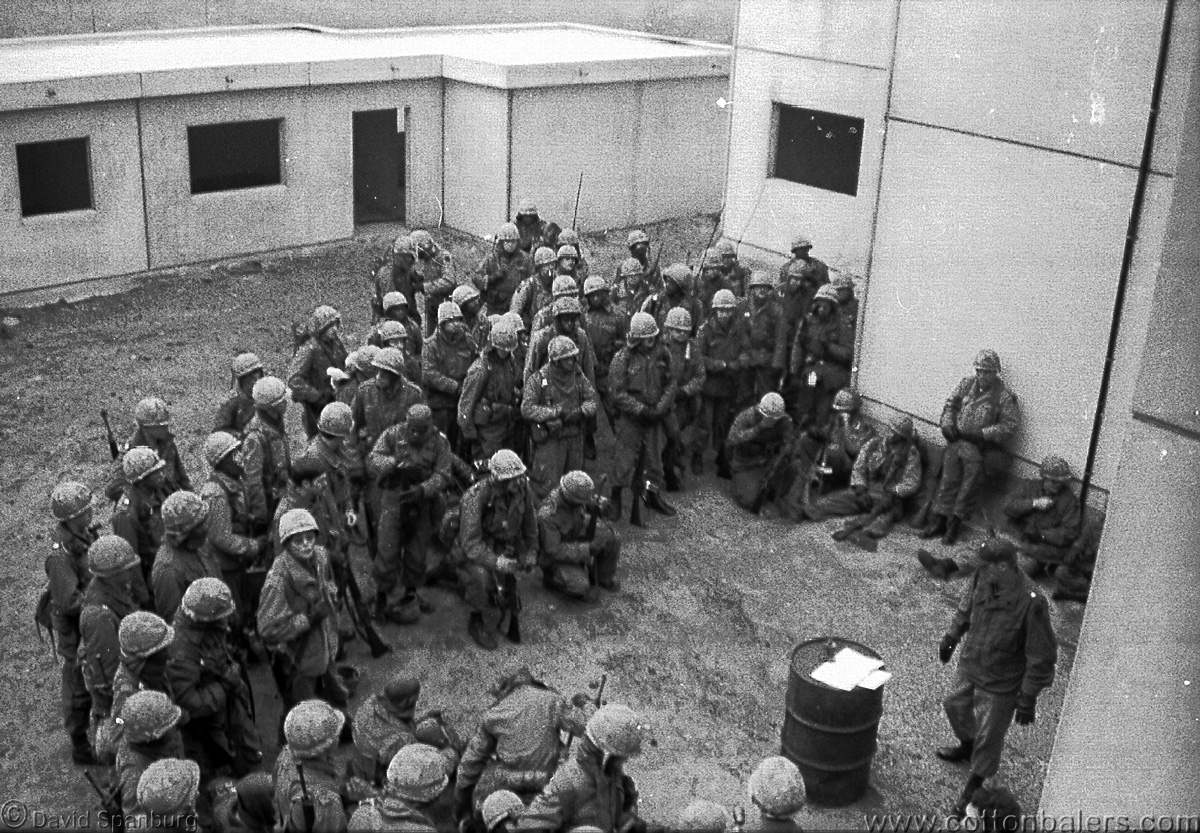

Philadelphia’s colleges and universities grew markedly in enrollment due to the educational opportunities made possible for veterans under the G.I. A building boom took place, and rows of small houses and garden apartments appeared in the city’s sections of East Germantown, West Oak Lane, and the Northeast. Optimism ran high amid military demobilization and the lapsing of wartime rationing and restrictions.

Into the Postwar WorldĪt the end of World War II, Philadelphia stood as America’s third largest city. While Cold War tensions eased during the 1970s, a period characterized by détente (thawing), they resumed following the Soviet Union’s invasion of Afghanistan in December 1979. Each nation worked to expand its international influence in a conflict carried out through propaganda, espionage, domestic surveillance, soft power (economic and cultural), the space race, and the threat of atomic weaponry.

While the Soviet Union and the United States avoided direct military conflict, each became involved in proxy wars around the world, most notably in Korea (1950-53), Vietnam (1950-75), and Afghanistan (1979-89). In 1961 the East German government constructed the Berlin Wall, physically dividing the city and symbolic of Cold War tension. As early as 1946, British Prime Minister Winston Churchill (1874-1965) described the postwar divide in Europe as an Iron Curtain. promotion of capitalism and Soviet support for Communist revolutions. The Cold War emerged after World War II when the United States and the Soviet Union-wartime allies against Nazi Germany, Imperial Japan, and Fascist Italy-reverted to their prewar ideological rivalry between U.S. Johnson (1908-73) and Soviet Premier Alexei Kosygin (1904-80) in Glassboro, New Jersey. While a direct military confrontation between the Soviet Union and the United States, the Cold War’s principal adversaries, failed to materialize, the conflict made its mark on the region in other ways, including anti-communist suspicion, civil defense, and the 1967 summit between President Lyndon B. The region served as a first line of defense for a conflict that depended more on missiles than forts, and it provided the nation with an arsenal, a shipyard, and a source of manpower. The period of international political and military tension known as the Cold War (1947-91) had military, political, and cultural implications for Greater Philadelphia. Philadelphia, the Place that Loves You Back.


 0 kommentar(er)
0 kommentar(er)
